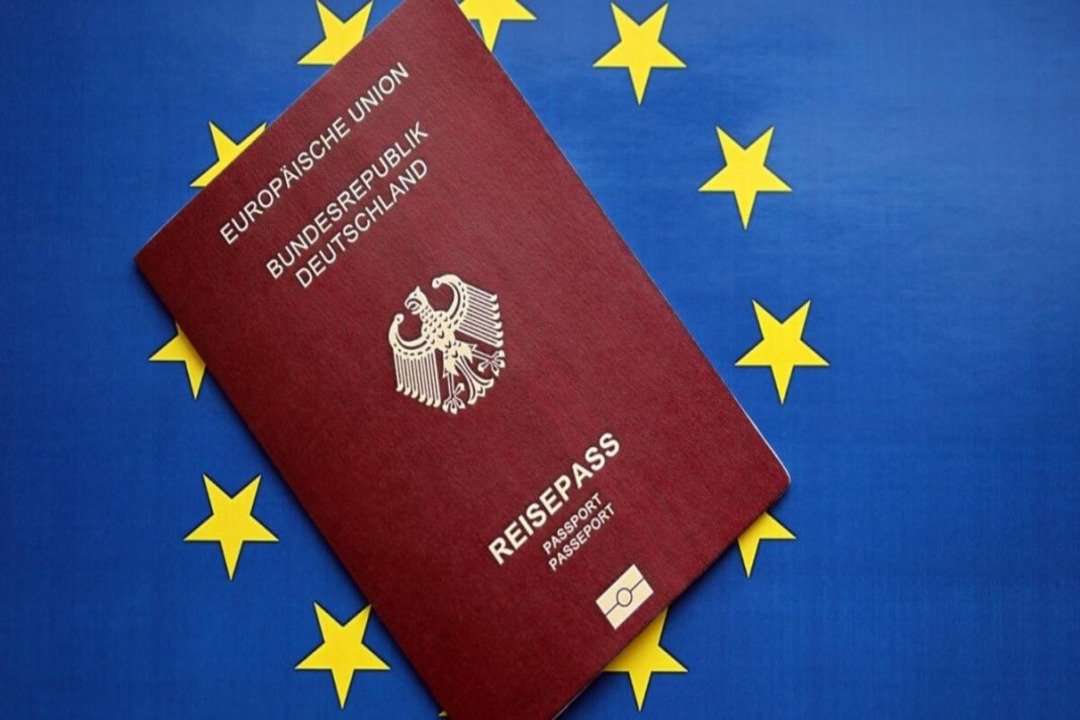Foreigners residing in Germany can now obtain German citizenship more quickly and retain their original nationality. Germany’s new citizenship law, which aims to modernize the current rules for obtaining a German passport, takes effect after midnight on June 27, 2024.
According to the new law, more individuals are eligible to become German citizens, with a significant increase in naturalization figures expected in 2024. German Minister of Interior Nancy Faeser emphasized that all foreigners living in Germany who share the same values and meet the necessary requirements can now obtain German citizenship more quickly.
However, she also stressed that there will no longer be any tolerance for foreigners exhibiting anti-Semitic, racist, or any other malicious behaviors.
What are the main changes?
Germany’s new citizenship law features ten key points, each significant in its own right. Some of the main aspects include:
Possibility to Hold Multiple Nationalities
The new law allows foreign nationals living in Germany to hold multiple citizenships. This means applicants for naturalization do not have to give up their previous citizenship when they become German citizens.
Accelerated Procedure
Applicants can now obtain German citizenship more quickly. Under the new law, foreigners can apply for citizenship after five years of legal residence in Germany, instead of the previous eight years. For those married to German citizens, the waiting period is reduced to four years.
For individuals who are fully integrated into German society, demonstrate outstanding job performance, engage in voluntary work, are financially self-sufficient, and speak German at a high proficiency level, the naturalization period is reduced to just three years.
Quicker Path to Citizenship for Children Born in Germany to Foreign Parents
Children born in Germany to foreign parents can now obtain German citizenship while retaining their parents' citizenship. This is provided that one parent has legally resided in Germany for over five years, down from the previous requirement of eight years, and holds an unlimited right of residence.
Expanded German Citizenship Test
The naturalization test has been expanded to include additional questions. The new test will now cover topics such as anti-Semitism, Israel, and Jews in Germany.
Recognition for “Guest Worker” Generation
Under the new citizenship law, the guest worker generation, primarily Turkish nationals who moved to West Germany in the 1960s to work in industry, are no longer required to take the citizenship test.
To obtain German citizenship, this group only needs to demonstrate good German language skills.
The easing of rules for guest workers aims to recognize their "lifetime achievements" in Germany.
What Makes Foreigners Ineligible for Obtaining German Citizenship?
According to German Minister of Interior Nancy Faeser, several restrictions apply to naturalization applicants.
Applicants must have no criminal record and must be able to support themselves without receiving government financial assistance.
Additionally, asylum seekers who have remained in Germany for a long time due to a ban on deportations are not eligible to apply for German citizenship.

